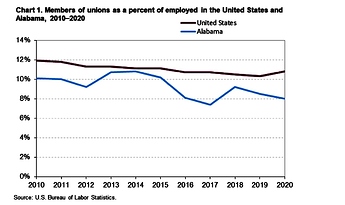I wouldn’t know why they couldn’t figure that out.
In the 90s, I was taking a certificate program in Inventory and Logistics. One of our field trips was to a warehouse that was, at the time, owned by Richardson-Vicks (life science stuff). They had one of the first (at that time) state of the art ASRS (automatic storage and retrieval system). There wasn’t one person in the building whose job was to pick product.
What I’m referring to is some 30 years ago.
If their robotic system isn’t able to pick product using coordinates, then they got rooked on the multi-million dollar system, because I’ve since worked on several projects where no one is picking product anymore.
This could be a concession to let warehouses come into poor towns - let us come here and we’ll employ you. If they fully automate the storage and retrieval system, employment is less and maybe the warehouse doesn’t get the same concessions.



